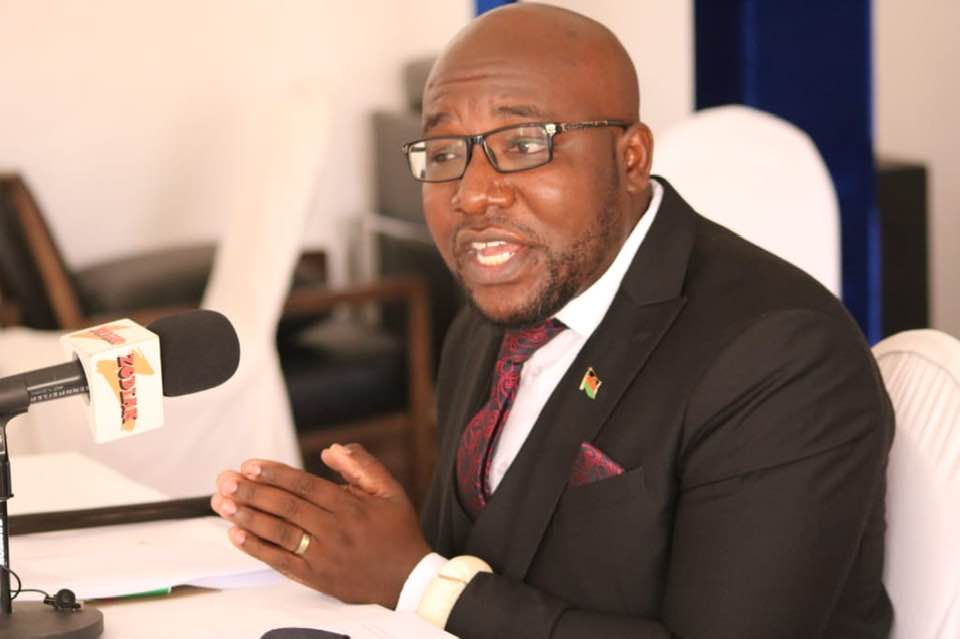Under funding chokes TB fight
National Tuberculosis (TB) and Leprosy Elimination Programme manager James Mpunga says low funding is threatening Malawi’s ability to eliminate TB by 2030.
Speaking at a high level meeting on TB, community rights and gender in Lilongwe yesterday, he said the country is fighting the battle with an 80 percent funding deficit.
Said Mpunga: “Malawi requires $23 billion for five years, meaning that the country requires about $4.4 billion [about K4.5 trillion] a year but as at now, the country gets $14 million [about K14.3 billion] from combined Global Fund and World Bank, $2 million [about K2 billion] from the US Government and K14 million from the Malawi Government every year and you can see this is far from our requirement.”
He said although strides have been made since the programme started it will be difficult at this pace to achieve the country’s target.
“We have achieved a 90 percent decline in the number of people who die from TB every year, and an 80 percent decline in the number of people who develop TB annually per 100 000 population as compared to 2015,” said Mpunga.

Budget and Finance Committee of Parliament chairperson Gladys Ganda, speaking in an interview, said they will lobby Minister of Finance and Economic Affairs Sosten Gwengwe to consider increasing the allocation of resources in future national budgets.
“As you have heard during presentations, there are good programmes regarding the fight against TB, but the problem is funding. So, when we go back to Parliament we will lobby for increased funding because we have to win this battle,” she said.
The meeting was convened by the Facilitators of Community Transformation (FACT) to allow stakeholders to share notes and see where the country is failing.
FACT executive director Thokozile Phiri Nkhoma said TB prevalence is high in remote areas because of poor access to resources, poor flow of information and failure to implement policies.
“We have good policies in this country, but maybe because of the same funding challenge, implementation is slow. While this is happening, the sufferers are those people in villages, so we really need to do something on this funding issue,” she said.
The new TB testing systems which the government is yet to roll out through stools and urine to cater for children who cannot produce sputum for specimens.





